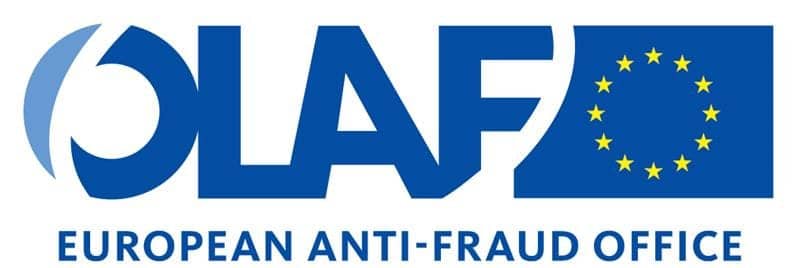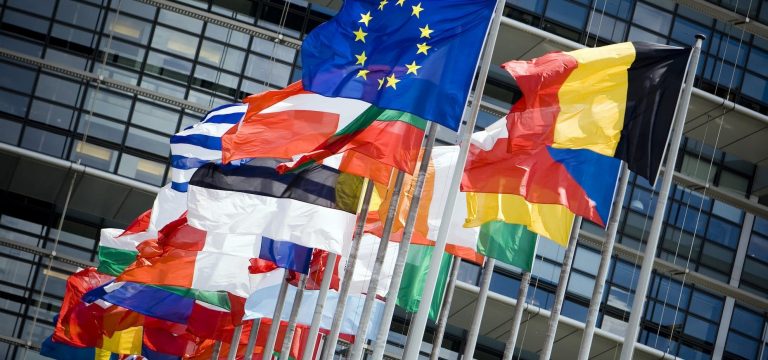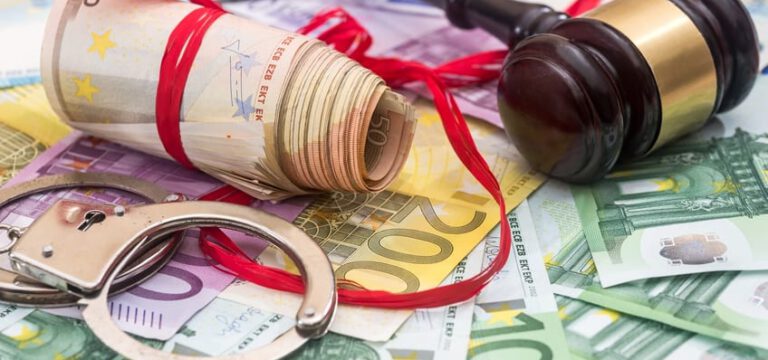OLAF European Anti-Fraud Office Investigations
European Anti-Fraud Office has the task
- to protect the financial interests of the European Union (EU) by investigating fraud, corruption and any other illegal activities;
- to detect and investigate serious matters relating to the discharge of professional duties by members and staff of the EU institutions and bodies that
could result in disciplinary or criminal proceedings;
Previously, this task was carried out by the Member States, until it became obvious that this was not effective.
With Council Regulation Nr. 2185/96 first the European Commission obtained certain investigative powers to protect the Communities financial interests against fraud and other irregularities. Within the Commission UCLAF (Unite de coordination de la lutte anti-fraude) carried out the inspections. It soon turned out to be problematic that UCLAF was, on the one hand, under the control of the Commission but, on the other, obliged to run internal investigations within the Organs of the European Community. Following irregularities within the European Commission in 1999, OLAF was established. Although OLAF European Anti-Fraud Office is still part of the European Commission Administration it acts independently in its pursuit to protect the financial interests of the European Community.
OLAF European Anti-Fraud Office Investigations On-The-Spot-Checks
The growing importance of OLAF European Anti-Fraud Office particularly to Companies receiving funds from the EU may be illustrated by its activities in the year 2011: At the end of 2011, OLAF had 463 ongoing investigations (70%) and coordination cases (30%). These Investigations comprise interviews of Company senior staff but also ordinary employees, the inspection of Company premises, on-the-spot-checks of Company Documents, and forensic operations and investigations in non-EU countries, where EU-funded projects are located. During the year, OLAF closed 208 cases. In more than half of all cases closed in 2011, recommendations were made by OLAF for action to be taken by EU or national institutions of the Member States concerned. OLAF mainly recommended court action and financial recoveries. European Anti-Fraud Offices investigations resulted in the recovery of EUR 691.4 million, as recorded in 2011. Member State courts issued a cumulative 511 years of prison sentences in 2011, acting upon conclusions and recommendations from OLAF European Anti-Fraud Office investigation reports. (see 12th Report of European Anti-Fraud Office concerning the year 2011).
In conclusion, OLAF European Anti-Fraud Office-investigations have had, and increasingly have serious financial consequences not least for German companies and individuals concerned.
OLAF On-The-Spot-Checks & National Investigation Services
OLAF European Anti-Fraud Office carries out internal investigations within the European Institutions (usually against employees of the Commission) as well as external investigations (i.e. on-the-spot-checks) on companies and enterprises in the EU-Member States incl. Germany. Usually, these on-the-spot-checks are carried out in close cooperation with the relevant national investigation services. Nevertheless, OLAF European Anti-Fraud Office has its own investigative powers resulting from Regulations Nr. 2185/96, 1073/99, 1074/99. These regulations may not grant direct EU-powers but they compel the national authorities to assist OLAF European Anti-Fraud Office in such investigations and to start its own criminal investigation process. OLAF’s activities have indeed serious, primarily financial consequences for Companies subject to external investigations (on-the-spot-checks).
The most important referrals of EU-law to national law are:
- Investigation procedure (Art. 6 (1) (3) Reg. No. 2185/96; Art. 6 (4) Reg. No.1073/99)
- Access to information and documentation / inspection facilities (Art. 7 (1) sentences 1 and 2 Reg. No. 2185/96)
- Secrecy and protection of information (Art. 8 (1) Reg. No. 2185/96)
- Requirements concerning the reports (Art. 8 (3) Reg. No. 2185/96; Art. 9 (2) Reg. No. 1073/99)
OLAF On-The-Spot-Checks in Germany
In Germany there are no specific provisions which would grant direct powers to OLAF. However, EU-law requires German Authorities to assist in the protection of EU-funds:
- The general laws on administrative procedure (VwVfG and VwGO)
- the general tax law (AO)
- Special Customs and Excise laws
In practice, these Community Regulations are generally enforceable by means of Public law powers enjoyed by the German Tax Office and the German Public Prosecution Service in criminal investigation. Usually, they work in tandem on such cases.
However, any such inspections or on-the-spot-checks are not without statutory restrictions. Companies are legitimately concerned about company secrecies and personal data of company staff. OLAF needs to be compliant with with Regulation (EC) No 45/2001 on data protection. Particularly in checks-on-the-spot, there is a clear conflict between the requirements of data protection to be balanced with the fulfilment of European Anti-Fraud Office’s investigative tasks. For reasons of data protection of e.g. potential witnesses, whom the Company could interrogate, OLAF frequently resorts to restricting access to information in the EU-files and to erasing (blackening) important details e.g. on names of ‘whistle blowers’ in documents. Such behaviour of the EU may adversely affect the right of the Company to duly defend itself against allegedly false EU-allegations. A company concerned is well advised to turn to professional legal help in such situation.
Irrespective of European Anti-Fraud Office legal powers, the most powerful weapon of the EU to discipline companies is by way of ‘flagging’ or – more seriously – blacklisting. The potential negative effect of such administrative measures of the EU on winning future EU-funded projects and obtaining future EU-funding should not be underestimated. The legal remedy of ‘false flagging’ is still open to debate.

Bertrand Prell
Rechtsanwalt & Solcitor



